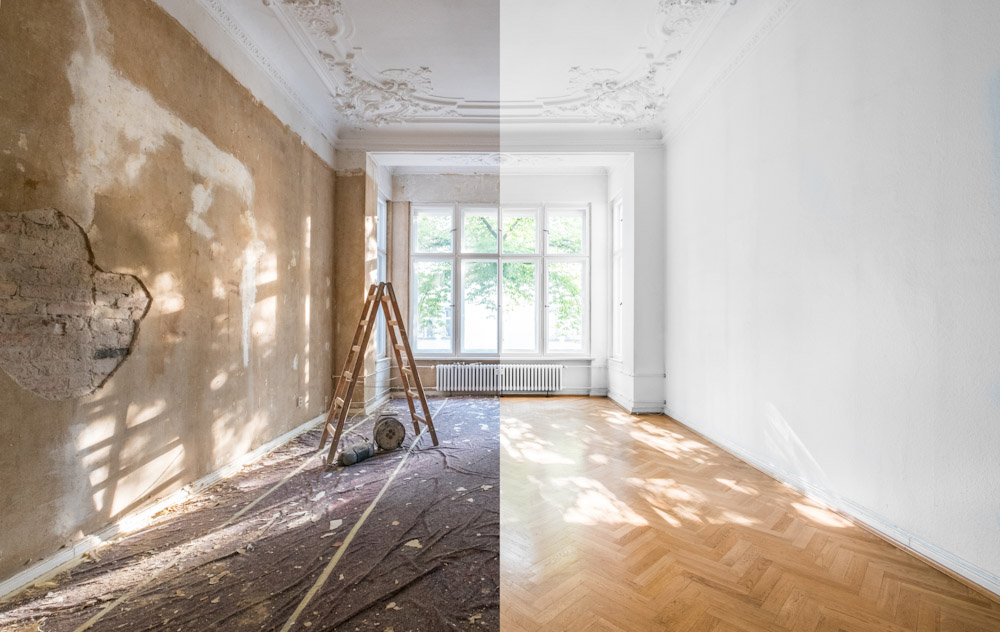Owning and managing rental properties can be an extremely rewarding experience, though no one would accuse it of being easy. With all there is to think about﹘from finding tenants, to getting rent, to keeping the property clean, to dealing with bad and/or negligent rentees﹘it can be overwhelming to keep all of your responsibilities in front of you. And then a water pipe bursts.
Repairs and property maintenance are some of the most important things you can oversee as a landlord. In many ways, they are fundamental to your relationship with your tenants. Maintenance that is ignored or forgotten sets a standard of general apathy on the part of your rentees, whereas a timely and comprehensive response to their issues will not only impress upon them to show respect to the apartment but will also give you a chance to get updated on how your property (and the tenants) are holding up.
A Property Manager’s Responsibilities
When considering maintenance and repairs, it’s important to know what exactly your responsibilities are as a property manager in Utah. This way you can clearly state in both the contract with the tenants, as well as their welcome package when they move in, what the expectations are for them. Depending on the maintenance issue being resolved and the tenant’s involvement in the problem (caused by either negligence or misconduct), you can use a portion of their security deposit to cover the cost of a professional repair.
Structure and Systems
Whatever features are inherent to the apartment before any tenants move in are the responsibility of the property managers. This is anything concerning the actual integrity of the building and the grounds, and may include:
- The property’s foundation, walls, and roof
- HVAC system
- Plumbing
- Smoke alarms and carbon monoxide detectors
- Electrical and gas systems
- Fire extinguishers
- Common areas (gym, swimming pool, clubhouse, etc.)
The best way to make sure that these systems are kept in working order is to set up a strict inspection schedule; typically every six months is preferred. While the landlord has direct ownership over these features to ensure they stay in proper working condition, the tenants are not without their own set of responsibilities. As has been mentioned above, any tampering or otherwise harmful behavior either to the structure or the systems of the apartment gives the property manager the right to fine﹘or in extreme cases, sue﹘the tenant.
Landscaping and Waste Management
Discussing tenant responsibilities dovetails nicely into a conversation about landscaping and waste management. Usually, the various chores to maintain the beauty of the property’s landscape﹘everything from mowing, pruning, gardening, aeration, and fertilization﹘falls upon the shoulders of management. However, if you are leasing a smaller property such as a single-family home or a townhouse, you might include those duties in the lease agreement as falling under the tenant’s purview.
Waste management is another topic of shared responsibility. Typically, the property managers will ensure that dumpsters are emptied on the property and that the property overall stays clean of trash. However, inside the apartment, the cleanliness and upkeep fall squarely upon the rentees, with one caveat. Normally, the landlords have no say in how the tenants choose to live; whether they live in squalor or in a pristine environment is their choice. But if their lifestyle leads to an outbreak of pests or insects, then they may be liable to pay for an exterminator to come out (sometimes more than once) to fix the situation.

